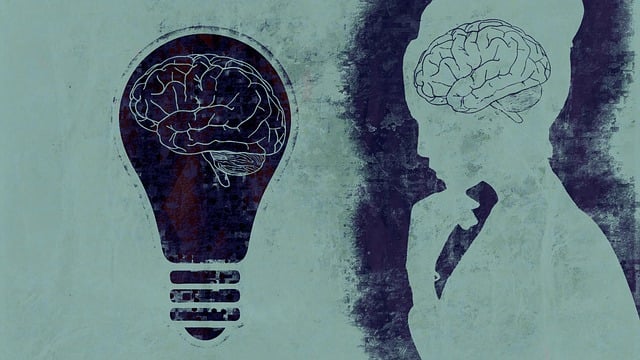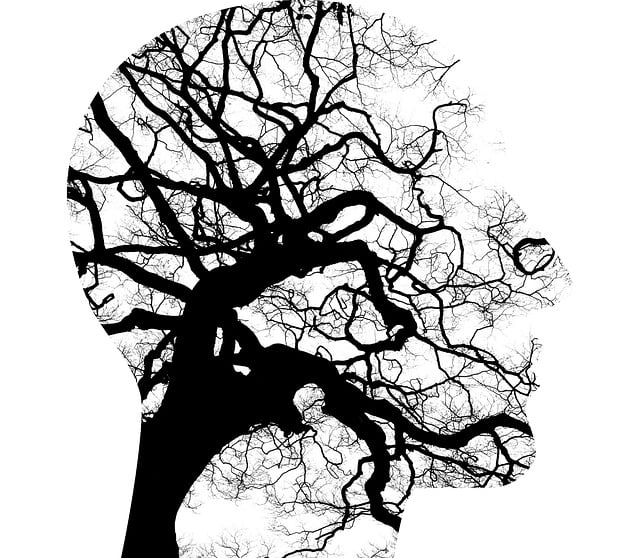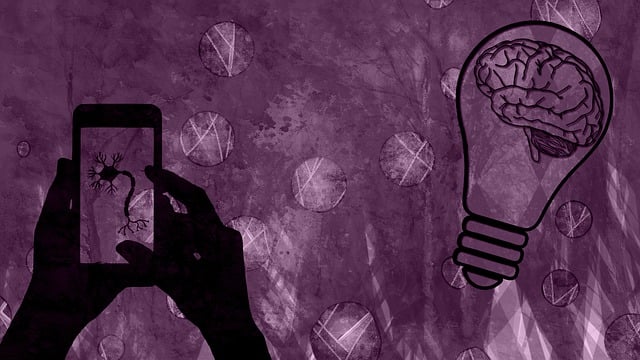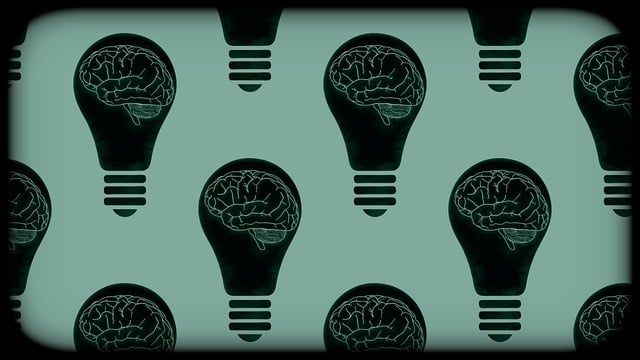Louisville Somatic Experiencing Therapy (LSET) offers a holistic approach to mental health education, focusing on trauma processing and stress reduction through mind-body practices. Customizing programs for diverse audiences like veterans or corporate workers, with key techniques like emotional regulation and mindfulness, ensures effective coping mechanisms. LSET's interactive model, combining lectures, discussions, role-playing, and body-mind exercises, actively engages learners in real-world scenarios. Strategic planning, assessment, and continuous improvement through feedback ensure long-term benefits for participants' overall well-being.
In today’s fast-paced world, mental health education is more crucial than ever. This article explores the design of an impactful program, focusing on Louisville’s community and incorporating Somatic Experiencing Therapy (SET). We delve into understanding mental health, its comprehensive overview for program creation, and the unique needs of diverse audiences. Practical strategies for curriculum engagement, implementation tips, and evaluation methods ensure success. Louisville SET serves as a powerful example, revolutionizing mental health education and fostering well-being.
- Understanding Mental Health: A Comprehensive Overview for Program Design
- The Role of Somatic Experiencing Therapy in Louisville's Community
- Target Audience and Their Unique Needs: Customizing the Education Program
- Creating an Engaging Curriculum: Practical Strategies for Effective Learning
- Implementation and Evaluation: Measuring Success and Continuous Improvement
Understanding Mental Health: A Comprehensive Overview for Program Design

Understanding Mental Health involves a holistic view of an individual’s emotional, psychological, and social well-being. It transcends the diagnosis of specific disorders and focuses on fostering resilience and promoting mental wellness. In the context of program design, this understanding is crucial for creating effective interventions like Louisville Somatic Experiencing Therapy (LSET). LSET aims to help individuals process traumatic memories and reduce symptoms associated with stress and anxiety.
The design of a comprehensive mental health education program should incorporate various strategies such as Mood Management techniques, Mental Wellness Coaching, and Resilience Building activities. By educating participants about mental health, these programs empower them to recognize their emotions, develop healthy coping mechanisms, and build adaptive responses to stressful situations. This proactive approach can lead to improved overall well-being and better life management skills.
The Role of Somatic Experiencing Therapy in Louisville's Community

In Louisville, Somatic Experiencing Therapy (SET) is emerging as a powerful tool in addressing community mental health needs. SET goes beyond traditional talk therapy by focusing on the connection between the mind and body, offering unique interventions for individuals dealing with trauma and chronic stress. By employing techniques such as progressive muscle relaxation and guided imagery, Louisville Somatic Experiencing Therapy helps clients process and release trapped physical tension related to emotional distress.
Integrating SET into community mental health programs enhances local efforts in stress management and conflict resolution techniques. It also facilitates a holistic approach to risk assessment for mental health professionals, ensuring they are equipped to handle complex cases effectively. Through these methods, Louisville Somatic Experiencing Therapy is making a significant impact on the overall well-being of the community.
Target Audience and Their Unique Needs: Customizing the Education Program

In designing a mental health education program, understanding the target audience and their unique needs is paramount. For instance, a program tailored for veterans, considering their experiences in combat and subsequent transition to civilian life, would require different approaches than one aimed at college students facing academic pressures or workplace stressors. Customization is key; what works for stress management in a corporate setting might not be as effective for those dealing with PTSD from military service.
At the heart of such design should be practices that foster emotional regulation and mood management, like mindfulness exercises and compassion cultivation techniques. Louisville Somatic Experiencing Therapy (SE), for example, offers valuable insights into how to help individuals process traumatic memories and develop healthy coping mechanisms. Integrating these evidence-based methods ensures the program meets participants where they are, providing tools that resonate with their lived experiences and enhance their mental well-being.
Creating an Engaging Curriculum: Practical Strategies for Effective Learning

Engaging learners is key to the success of any mental health education program design. Curricula that incorporate interactive elements, real-world examples, and diverse learning styles prove more effective in conveying complex concepts like conflict resolution techniques and anxiety relief. For instance, Louisville Somatic Experiencing Therapy (LSET) integrates body-mind practices into its programs, offering participants tangible tools for managing stress and trauma. By combining lectures with group discussions, role-playing scenarios, and mindfulness exercises, LSET fosters active participation and ensures knowledge translates to real-world application.
Incorporating practical strategies within the curriculum further enhances learning outcomes. Teaching conflict resolution techniques as abstract concepts risks leaving learners disconnected from their potential impact. Instead, case studies, simulations, and group activities centered around resolving interpersonal conflicts allow students to experience these skills in action, fostering a deeper understanding of their effectiveness for managing challenging situations and promoting emotional well-being.
Implementation and Evaluation: Measuring Success and Continuous Improvement

Implementing a mental health education program requires careful planning and strategic evaluation to ensure its success and long-term sustainability. Measuring the impact of such initiatives is vital, especially when addressing complex issues like depression prevention or fostering self-care practices. The Louisville Somatic Experiencing Therapy (LSET) model offers a unique approach, integrating somatic therapy with educational programs.
Evaluation should focus on both participant outcomes and program effectiveness. This involves collecting qualitative and quantitative data, such as feedback from participants, surveys, and interviews. By tracking changes in mental wellness coaching program development, organizers can identify what works best and make informed decisions for continuous improvement. Regular reviews allow for the refinement of content, delivery methods, and support systems, ensuring the program remains relevant and beneficial to those it serves.
Louisville’s community has seen significant benefits from Somatic Experiencing Therapy, highlighting the importance of accessible mental health education. By understanding diverse audience needs and employing engaging curriculum strategies, programs can be tailored to foster meaningful learning. Implementation and evaluation processes ensure continuous improvement, allowing for a dynamic and effective approach to mental health program design. This comprehensive guide encourages the creation of tailored, impactful initiatives that address Louisville’s unique challenges, ultimately enhancing community well-being.














